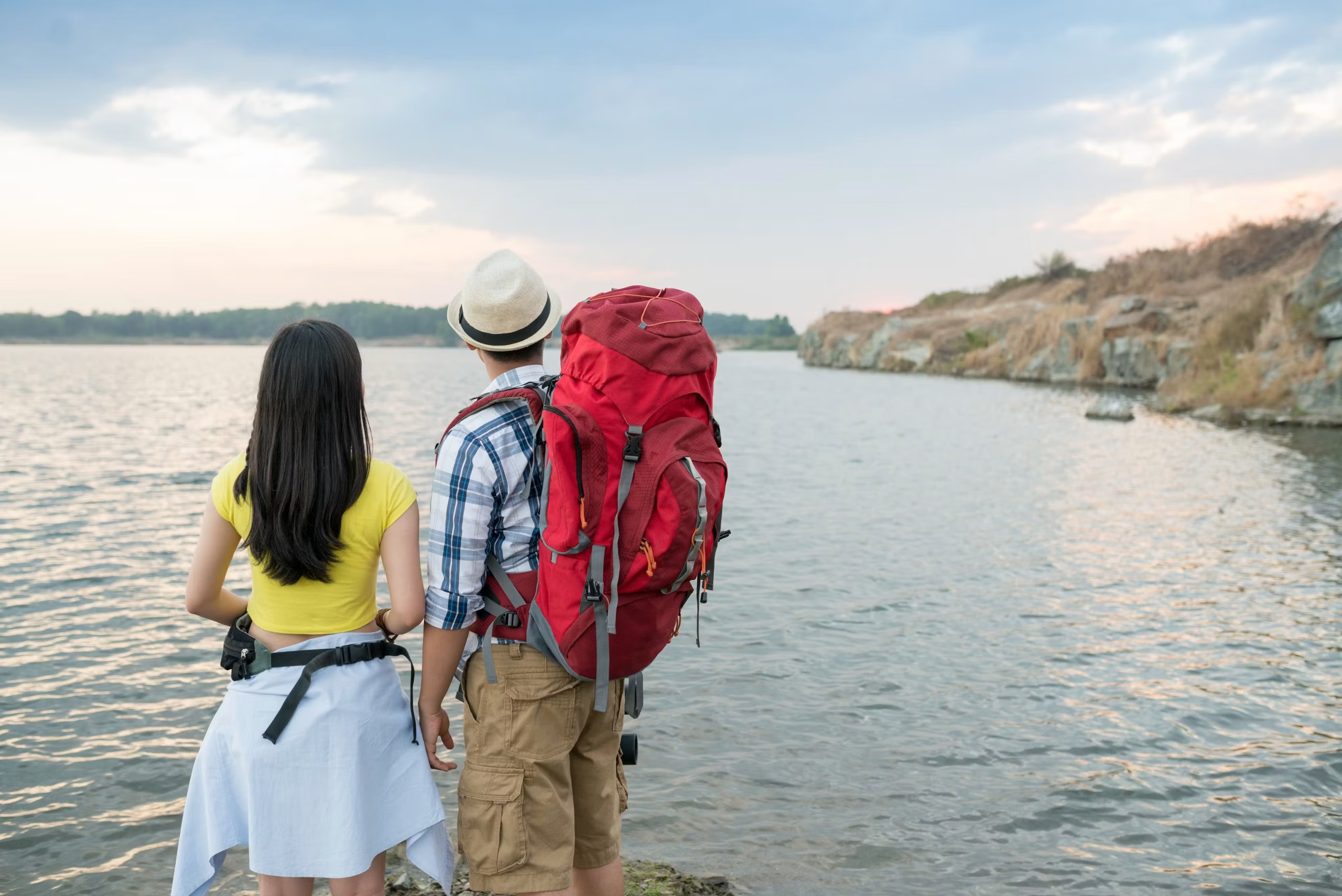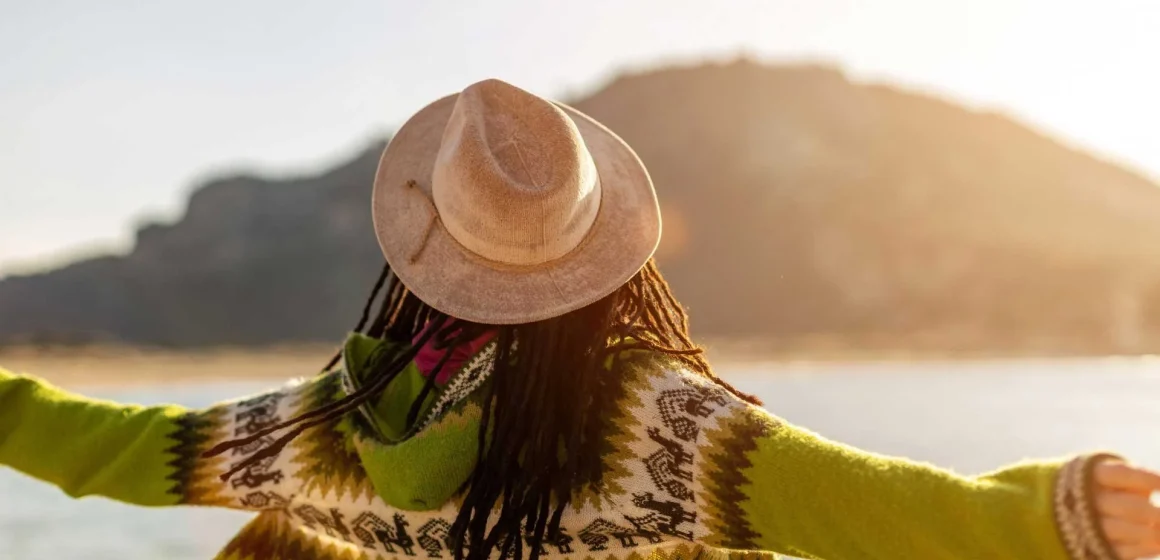Travel has long been one of humanity’s greatest passions. From ancient explorers charting unknown seas to modern digital nomads hopping between continents, the desire to experience new places, cultures, and adventures remains deeply rooted in us. Today, travel is not just about reaching a destination; it is about recreation, rejuvenation, and personal growth. In a fast-paced world, where routines often dominate, travel and recreational activities serve as a reset button—opening doors to new perspectives, boosting well-being, and creating unforgettable memories.
In this article, we’ll explore why travel and recreation matter more than ever, how they shape our lives, and what trends are redefining the way we explore the world.
Travel as Recreation: Beyond Movement
For many, travel is synonymous with leisure. It’s a break from the familiar—a chance to recharge, unwind, and step away from the responsibilities of everyday life. Recreation through travel is about engaging in activities that bring joy and fulfillment, whether that means lounging on a sun-drenched beach, hiking through alpine trails, or immersing oneself in vibrant city life.
Unlike business trips or obligatory visits, recreational travel carries a sense of freedom. The purpose isn’t efficiency, but enjoyment. When we travel for recreation, time slows down. Meals are savored, sights are absorbed, and every experience becomes a story in the making. This shift in pace has been proven to reduce stress, improve creativity, and increase overall happiness.
Cultural Enrichment and Human Connection
Recreation isn’t only physical—it’s also emotional and intellectual. One of the greatest gifts of travel is cultural immersion. Walking through a Moroccan souk, attending a tea ceremony in Japan, or dancing during Brazil’s Carnival provides a sensory feast that broadens our understanding of humanity.
Cultural recreation allows us to step into someone else’s world, even for a brief moment. Travelers often return with a newfound appreciation for diversity, tolerance, and global interconnectedness. These interactions remind us that while languages, customs, and traditions differ, the fundamental human desire for joy, family, and community is universal.

The Role of Nature in Recreational Travel
If culture feeds the mind, nature heals the soul. Outdoor recreation is one of the most sought-after aspects of modern travel. National parks, mountain ranges, rivers, and coastlines attract millions seeking adventure and serenity alike. Hiking, kayaking, camping, and wildlife watching are no longer niche pursuits—they are mainstream escapes from digital overload.
Scientific studies support the benefits of nature-based recreation. Exposure to natural environments reduces anxiety, improves focus, and boosts physical health. Ecotourism—travel that emphasizes sustainability and conservation—has become a rising trend, appealing to travelers who want both adventure and environmental responsibility. Destinations such as Costa Rica, New Zealand, and Iceland have positioned themselves as leaders in this sector, balancing preservation with unforgettable experiences.
Adventure Travel: Pushing Boundaries
For thrill-seekers, recreation through travel often means testing limits. Adventure travel is one of the fastest-growing segments of the industry, encompassing activities like rock climbing, scuba diving, skiing, zip-lining, and even space tourism in the near future.
The allure of adventure lies in the adrenaline rush and the sense of achievement. Standing at the summit of a mountain after hours of climbing, diving into coral reefs teeming with life, or running a marathon in a foreign country provides not just recreation but transformation. These experiences challenge the body and mind, instilling confidence and resilience that carry over into daily life.
Wellness Travel: Healing on the Go
In recent years, wellness travel has surged in popularity. Travelers are increasingly seeking destinations and activities that nurture their health—physically, mentally, and spiritually. Yoga retreats in Bali, hot spring resorts in Iceland, meditation centers in India, and luxury spa getaways in Switzerland exemplify this growing niche.
Wellness travel combines recreation with restoration. It’s not simply about sightseeing but about leaving a destination feeling better than when you arrived. This trend reflects society’s broader shift toward self-care and mindful living, showing that recreation isn’t just entertainment—it’s an investment in well-being.
The Rise of Experiential Travel
Traditional tourism often revolved around sightseeing—checking landmarks off a list. But today, recreation in travel increasingly emphasizes experiences over possessions. Experiential travel means cooking classes in Tuscany, learning flamenco in Seville, volunteering at wildlife sanctuaries, or staying with local families.
These hands-on experiences allow travelers to actively participate in a culture rather than observe it from a distance. They foster deeper connections and lasting memories. Recreational travel, in this sense, becomes personal growth—it’s about who you become during the journey, not just what you see.
Digital Nomadism: Work and Recreation Intertwined
The global shift to remote work has created a new category of travelers: digital nomads. For them, recreation and work coexist. They might spend mornings answering emails in a beachside café and afternoons surfing or exploring. This blend of productivity and leisure has reshaped the traditional understanding of travel.
Destinations like Lisbon, Chiang Mai, and Medellín have become hubs for this lifestyle, offering co-working spaces alongside vibrant recreational opportunities. For many, this balance is the ultimate freedom—turning life itself into a form of continuous recreation.
Sustainable and Responsible Recreation
As travel expands, so does its impact on the planet. Overtourism, pollution, and cultural erosion are real challenges. Today’s responsible traveler recognizes that recreation should not come at the expense of local communities or ecosystems.
Sustainable recreation involves choosing eco-friendly accommodations, respecting local customs, supporting small businesses, and reducing waste. Travelers who embrace responsible recreation contribute positively to destinations, ensuring that future generations can enjoy them as well.
Travel and Mental Health
Perhaps the most profound impact of recreational travel lies in its effect on mental health. Travel disrupts routine, providing novelty that stimulates the brain. Recreation, whether through adventure, culture, or relaxation, triggers dopamine release and enhances mood.
In a world where burnout and anxiety are prevalent, recreational travel has become a form of therapy. Even short getaways—weekend camping trips or day excursions—can significantly boost mental resilience. For many, planning a trip itself generates joy and anticipation, proving that recreation begins long before departure.
The Future of Recreational Travel
Looking ahead, travel will continue to evolve alongside technology and shifting lifestyles. Virtual reality may offer “trial runs” of destinations, AI will personalize itineraries, and sustainable innovations will redefine eco-friendly travel. At the same time, the essence of recreational travel—joy, exploration, and connection—will remain timeless.
Whether it’s solo backpacking, family vacations, or luxury cruises, recreation will continue to be a driving force behind why people cross borders. Travel is more than movement; it’s transformation. Every trip is an opportunity to step out of comfort zones, engage with the world, and return home renewed.

Conclusion
Travel and recreation are not luxuries—they are essential aspects of a balanced, fulfilling life. They enrich our minds, heal our bodies, and strengthen our connections to others and the planet. From cultural immersion and nature escapes to wellness retreats and adventure challenges, recreational travel offers endless ways to grow, reflect, and recharge.
In the end, we don’t just collect destinations—we collect experiences, stories, and perspectives. That is the true power of travel as recreation: it shapes not only how we see the world, but also how we see ourselves within it.


Leave a Reply